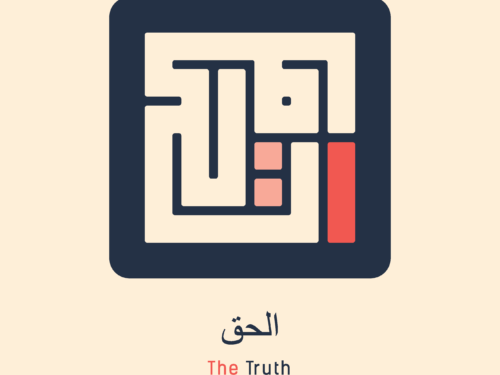
The world-famous, great Rumi is still one of the biggest sources of inspiration and knowledge after hundreds of years. Not only his marvelous masterpieces, simple yet effective stories, but also his life that he spent seeking divine inspiration and true love is still kindling people’s paths in many ways.
His stories with all the characters they have, all the lessons they teach, all the settings and times that events occur are so multidimensional and so rich that everybody finds different meanings for himself. Here are some reflections on feelings that some of his stories evoked inside me, with the hope that they may increase your interest and contribute to your awareness. Let’s take one of his most famous stories as an example, The Mouse and the Camel:
We humans often fall into the trap of egocentrism. We tend to think that we are in control of our lives whereas even our own actions are mostly unconsciously done. Just like the human that thinks he is the maker of his life, the mouse in the story thought that he was leading the camel because it looked that way to him. We should try to understand what is in our control and what is not. This will take the burden of false responsibility from our back and let us concentrate on things that we can affect more easily.
This is a very important lesson not only for us but also for our kids. They need to be aware of their own power and capability, also that Allah is the most powerful and the only one who is capable of everything. He knows the best of everything for us, so when things get complicated and we feel so weak, The Strongest, Allah would be there for us.
Here is another one, Clever Parrot:
 What this story is telling us under the surface is the way to our freedom. We can view the parrot as our true selves, our souls. In order to break free of our cage (our body and bodily desires), we would need to die before we actually die. This way, we can reach freedom just like the clever parrot did. The idea of dying before death is very central in the Sufi Islamic tradition of which Rumi was a part of as well. Allah tells us that our bodies do not belong to us and they are given to us for only this lifetime. By dying before death, by separating the body and the soul, we may be able to break free of our limitations and see our true selves without the interference of bodily attachments.
What this story is telling us under the surface is the way to our freedom. We can view the parrot as our true selves, our souls. In order to break free of our cage (our body and bodily desires), we would need to die before we actually die. This way, we can reach freedom just like the clever parrot did. The idea of dying before death is very central in the Sufi Islamic tradition of which Rumi was a part of as well. Allah tells us that our bodies do not belong to us and they are given to us for only this lifetime. By dying before death, by separating the body and the soul, we may be able to break free of our limitations and see our true selves without the interference of bodily attachments.
It is neither their flesh nor their blood that reaches Allah, but what does reach Him is the taqwā (the sense of obedience) on your part. Thus He has made them (the animals) subjugated to you so that you proclaim Allah’s glory for the guidance He gave you. And give good news to those who are good in their deeds. (22:37)
As above, many ayahs and hadiths stress that our bodies and bodily needs are temporary and unimportant whereas our thoughts, intentions, and what’s in our heart are what really matters. This is another lesson for us to teach our kids to grow up to be people with an understanding of what really is important, what they should focus on to make better decisions, and what they work for.
Rumi has many stories to inspire us and each is a different treasure. Timas Kitab gathered ten of them for your kids, richened them with lovely illustrations, and made them more appealing to your kids. Each book of the series will put a strong brick on the character wall that they keep building unconsciously every day. Considering this series as the stardust of a shiny and bright star, your kids will want to read more and more to reach the sky.








